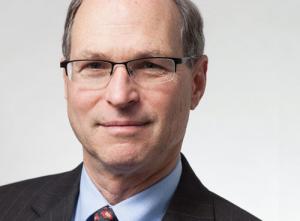Prepare, Protect, Respond
Paul Stockton is Managing Director at Sonecon.
PUF: What are the unintended consequences for resilience of the skinnying down of U.S. infrastructure, especially loss of excess capacity? That is, capabilities to deliver services that aren't being used, because infrastructure is getting more efficient.

Paul Stockton: There are powerful economic drivers to this skinnying down of infrastructure. Companies want to shed excess capacity because infrastructure that's just sitting there doesn't help the bottom line. But in the energy sector, transportation sector, and many others, this loss of redundancy makes infrastructure more vulnerable to service disruptions caused by natural hazards, and especially vulnerable to targeted attacks by adversaries using cyber weapons, and potentially carefully selected kinetic attacks.
I was assistant secretary for Homeland Defense in the Department of Defense. Homeland Defense is a little bit different from Homeland Security, in that I was responsible for preparing the nation for especially severe threats. This included very large-scale natural hazards or especially manmade threats. There's also a special focus on ensuring that no matter what, even if Russia or China goes after the power grid, the DOD will still have the electricity it needs to deploy forces abroad and win our nation's conflict.
PUF: Didn't you work when there was the natural disaster of Hurricane Sandy?

